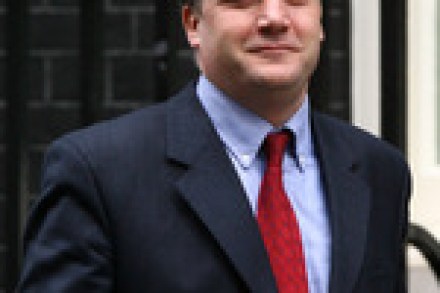Fresh thinking can free government from quango control
In a speech to Reform this afternoon, David Cameron argued that the growth of the so-called quango state represents “a serious accountability problem with our political system”. Quangos – the non-Whitehall but taxpayer-funded bodies responsible for much day-to-day government – are unaccountable, expensive and do not deliver what they promise. Last year, their funding increased at a faster rate than the rest of government, and they now cost at least £35 billion a year to run. Of course the state of the public finances makes it imperative that the expense of quangos is tackled. But this is about more than just money. It is about how we should be governed.














